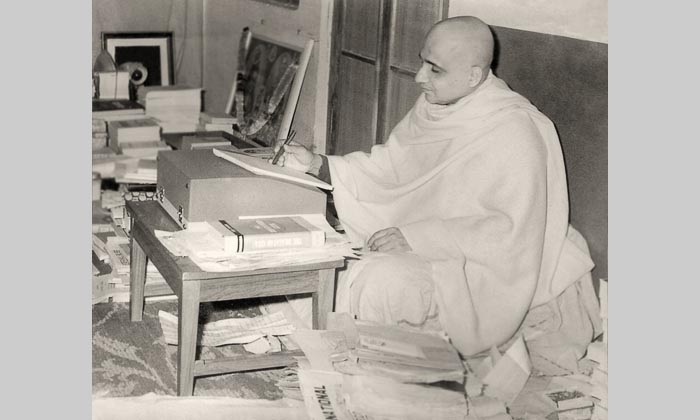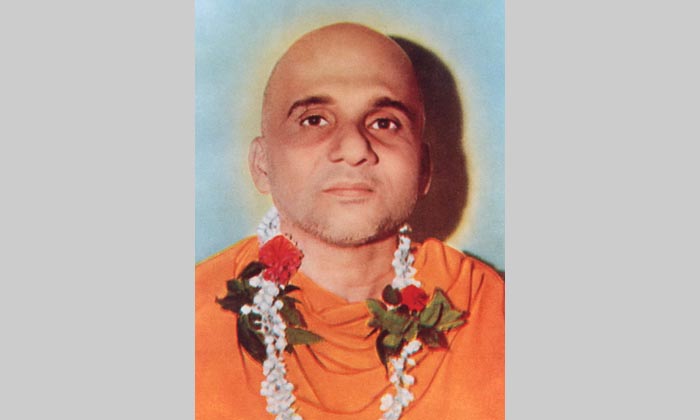The Realisation of the Absolute :4-3-3.

Chapter 4: The Nature of Reality : 3.3 3. Brahman as Bliss or Happiness-3. It is said that the Self, when in fast embrace with the Being whose essence is Knowledge, knows nothing, either external or internal, for that is the True One in which all desires are quenched, in which the Self alone is the desire, in which all wants and sorrows are dissolved. This is the zenith of Bliss and Wisdom, by a small fraction of which the whole universe is sustained. “One who is conscious of the Bliss of Brahman fears not from anything.” “When one finds his rest in That which is invisible, incorporeal, inexpressible, unfathomable, then he has attained to Fearlessness.” For, this Atman is Silence and Peace, “shantoyamatma”. The apparently triple nature of Reality is asserted to be one in Truth. “That which is Joy is the same as Being which is Life” (Chh. Up., IV. 10. 5). Non-existence is the existence of the absence of existence. Existence is the substratum of all positive and...







